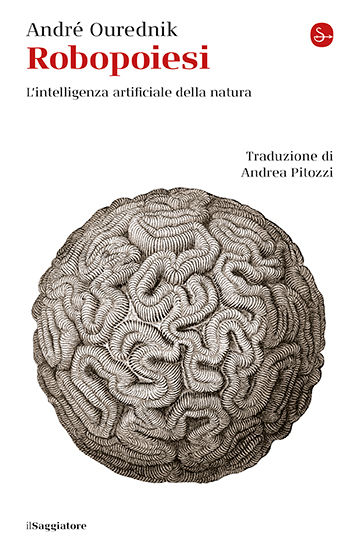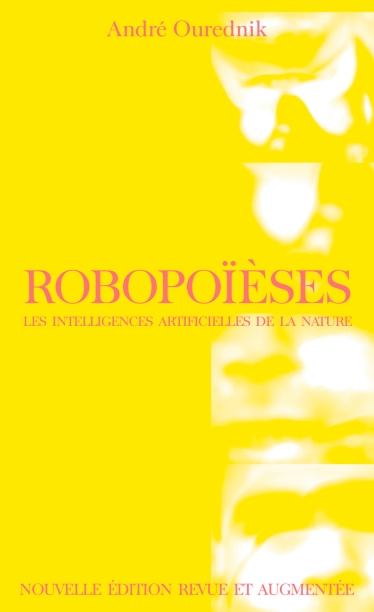Nature, art, production et intelligences artificielles
|
January 14, 2026, Nature, art, production et intelligences artificielles. Maison de quartier, Lausanne.
The concept of “artificial intelligence” crystallizes a long evolution of techniques and encourages us to distinguish between two aspects. On the one hand, there are techniques that mediate our relationship with nature, in the form of analytical AI; on the other hand, there are productive techniques, in the form of generative AI. In both cases, they present nature as something other or external that can be manipulated, thereby separating us from it. But while mediating techniques offer a shared relationship with nature, productive techniques create a world of unnatural objects that are subject to property rights. Furthermore, the rise of productivism leads to an excessive focus on the product at the expense of collective practices. This phenomenon particularly affects artistic practices, where generative AI takes productivist logic to the extreme, establishing the paradoxical figure of the creator who is both independent of their peers (replaced by generative algorithms) and ultra-dependent on the services of AI, in other words, the owners of the means of production (computational infrastructure and data capital that enable AI to function). In this lecture, enhanced by audiovisual aids, André Ourednik will support this argument with references to his most recent work. ouvrages liés |


